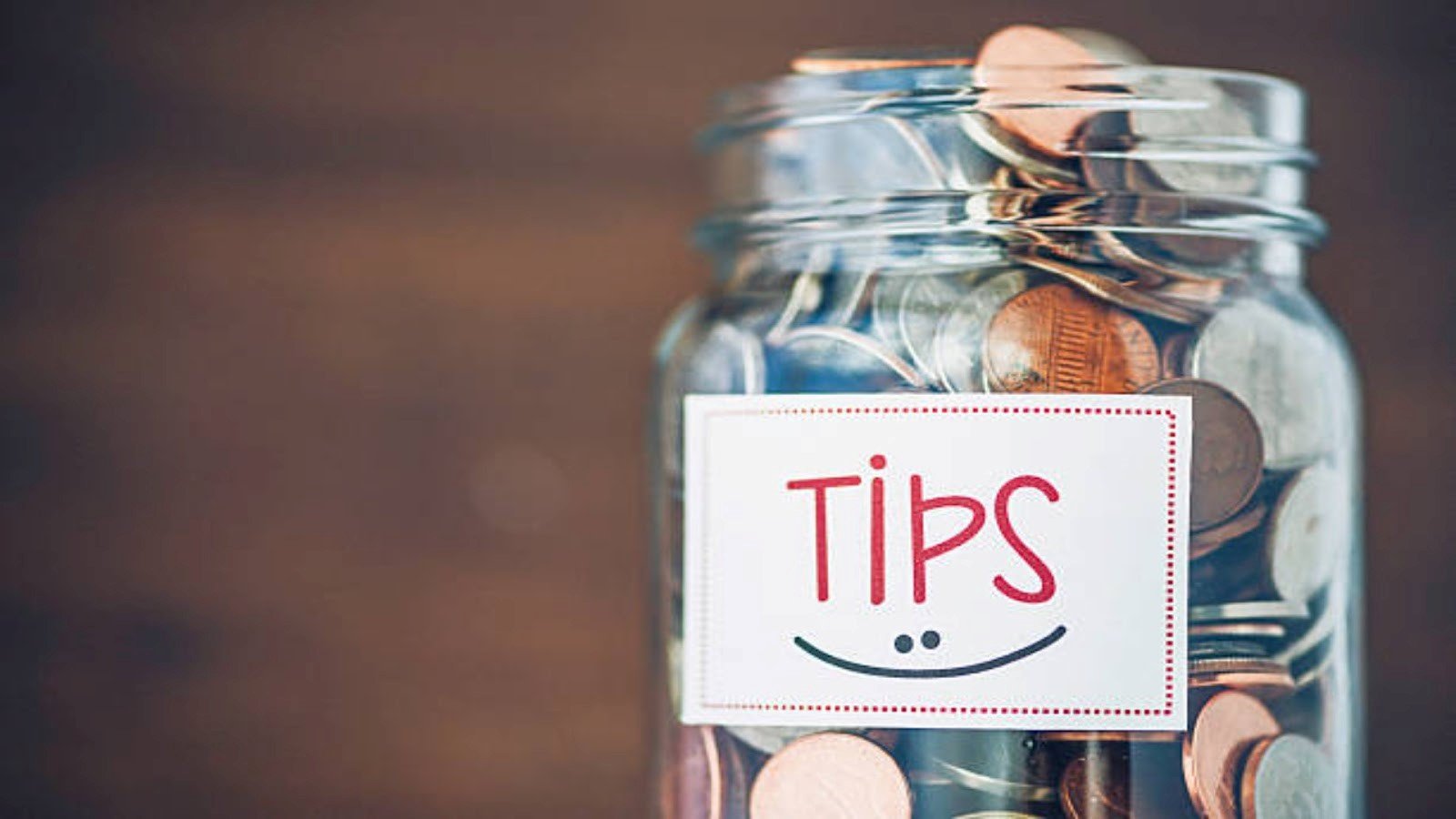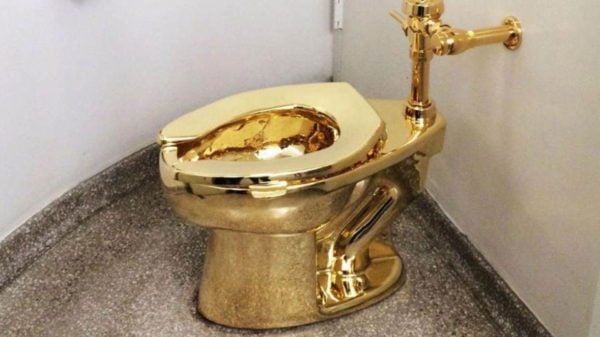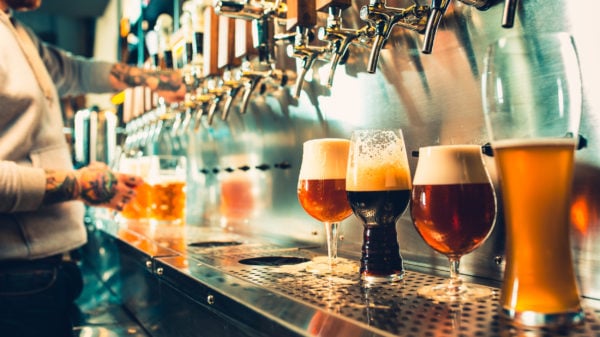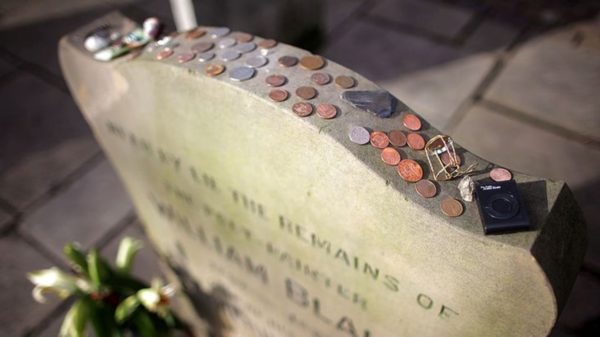In South Korea, a recent online forum has become headline news as people from around the country are expressing their frustrations with the new tipping culture in Korean cafes.
South Korea had never had a tipping culture until recently, and according to comments, many Korean residents believed that it’s not necessary or appropriate within the country as “[Tipping] culture, which was created to add labor costs for workers who don’t receive the minimum wage, is coming into a country that abides by the minimum wage.”
The online forum was started by a disgruntled customer who started noticing “tip boxes” in Korea’s famous bagel restaurant, L Bagel. In its many locations, L Bagel is known for its long lines, quick service, and delicious cream cheese. Though L Bagel does not offer table service, customers wait in line, place their order at the register, and then wait for the bagels by the pickup counter.
The author of the original comment stated, “I don’t understand why there is a service that requires tipping when the only time customers and employees meet is when they pay and choose cream cheese.”
But L Bagel isn’t the only Korean restaurant in the hot seat. Another forum appeared around the same time, which stated, “A cafe that demands tips has opened in Yeonnam-dong. When I ordered at the counter, the person taking the order showed me a tablet screen with buttons for 5%, 7%, and 10%.”
Within these two forums, Korean cafe customers have been continuously expressing their disappointment with the new tipping culture. One said, ”Although we thought the tipping culture would end as a simple incident in Korea, people became annoyed by the reviews that many cafes demand tips.” And another stated, “It seems like a scheme to evade taxes.”
According to the Korean Food Sanitation Act of 2013, the final price displayed on the menu, including both VAT and service charges, is as much as a restaurant or cafe can force anyone to pay.
Many are arguing that this regulation implies that demanding tips should be considered illegal. But the truth is that it is extremely difficult to consider asking for tips illegal as long as customers are not technically forced to comply.
And Korea is not the only country experiencing this change in tip culture. Americans have long been accustomed to tipping generously at restaurants. However, in recent years, many US cafes and even stores are now asking customers for tips at the end of their interaction.
Many American citizens have been compliant, as tipping is so commonplace, though quite a few are frustrated with the new expectations to tip a cashier at a cafe or store that does not offer full service.
The general consensus in both South Korea and the United States is that workers should receive substantial compensation so that tipping is not a requirement to ensure they make the minimum hourly wage.
And according to the Korean forums and many Americans, only full-service restaurants should even be asking for tips at all.


































































